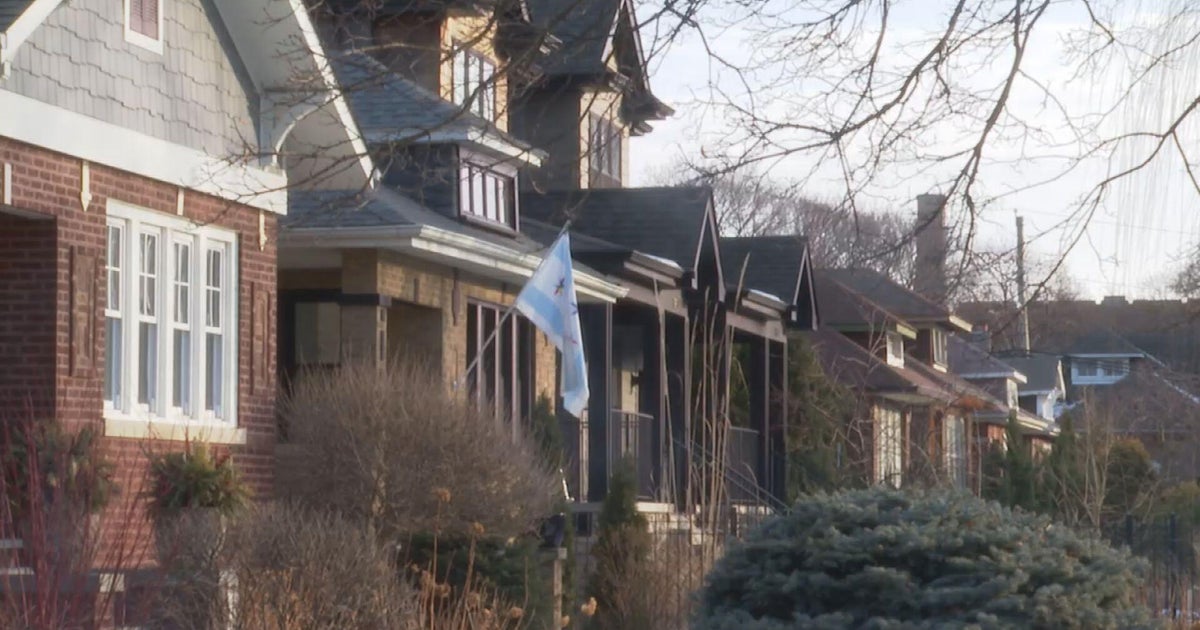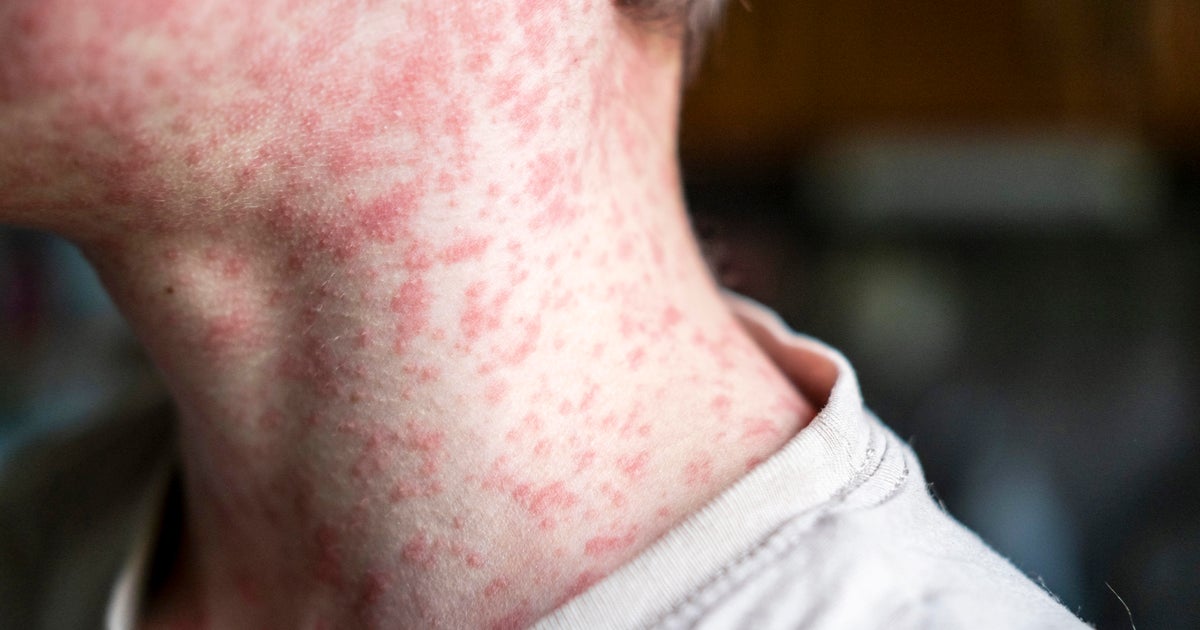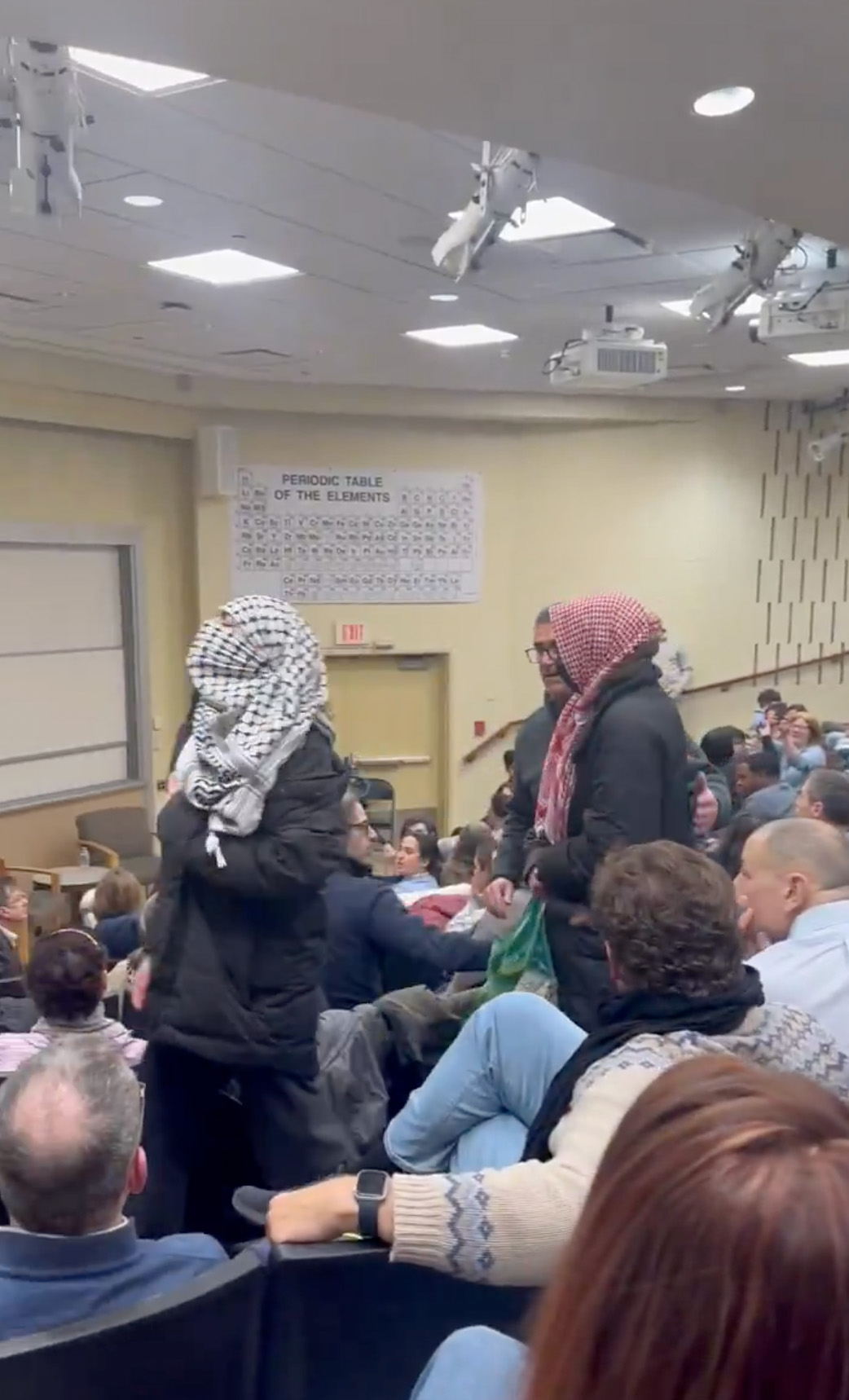Dr. Jon LaPook on the importance of wearing face masks
Let's talk about face masks.
In April, we learned that people with few or no symptoms could shed coronavirus and infect others. That meant we could no longer rely on the simple advice to stay home if you're sick.
So, health officials advised wearing face masks to prevent people with COVID-19 from spreading it to others. But many have chosen not to wear masks for a variety of reasons, including people not realizing – or not caring – that they might get infected and be fine, but they could spread the virus to somebody else who could die.
And, wearing a mask became entwined with politics, rejected by many as an infringement on their rights.
Here's the science that explains why wearing a mask is so important:
When we cough or sneeze, larger airborne droplets containing virus can travel, usually up to about six feet. But we now know that smaller particles can be emitted simply by talking or singing, and can go much farther, and linger in the air for hours.
The Centers for Disease Control and Prevention says respiratory spread of coronavirus between people occurs mainly within six feet. We don't know yet how much of the spread of COVID-19 is due to virus traveling in the air greater than six feet. But it could help explain events like the choir practice in Washington State, where one person apparently infected 52 others inside a church.
This video (from NHK World Japan and the Kyoto Institute of Technology) demonstrates how a cloth mask can significantly cut down the number of droplets emitted when someone speaks:
Last week, nearly 240 scientists urged the World Health Organization to acknowledge the importance of aerosols in potentially spreading COVID-19 past six feet. In response, for the first time, the WHO acknowledged "evidence emerging" of airborne spread of the novel coronavirus, especially in "crowded, closed, poorly-ventilated settings."
More research is needed, including defining exactly what is a safe physical distance, both indoors and outdoors.
Here's what makes sense to me. We should:
- Wear face masks when physical distancing is not possible;
- Develop more effective, more comfortable, reusable face masks;
- Improve ventilation in our buildings. That could be as simple as opening a window or cracking a door. It could include making sure there's adequate air exchange between the inside and outside, and installing better air filtration systems.
We should not be frightened by the possibility of airborne spread of coronavirus; we should do something about it.
See also:
- Everyone wearing face masks could save America from a $1 trillion GDP loss (CBS News)
- Los Angeles restaurant closes, "exhausted" by customers who won't wear masks (CBS News)
- Shoppers at Staten Island grocery store scream at woman for not wearing mask (CBS News)
For more info:
Story produced by Michelle Kessel. Editor: Emanuele Secci.
Also from Dr. Jon LaPook:




